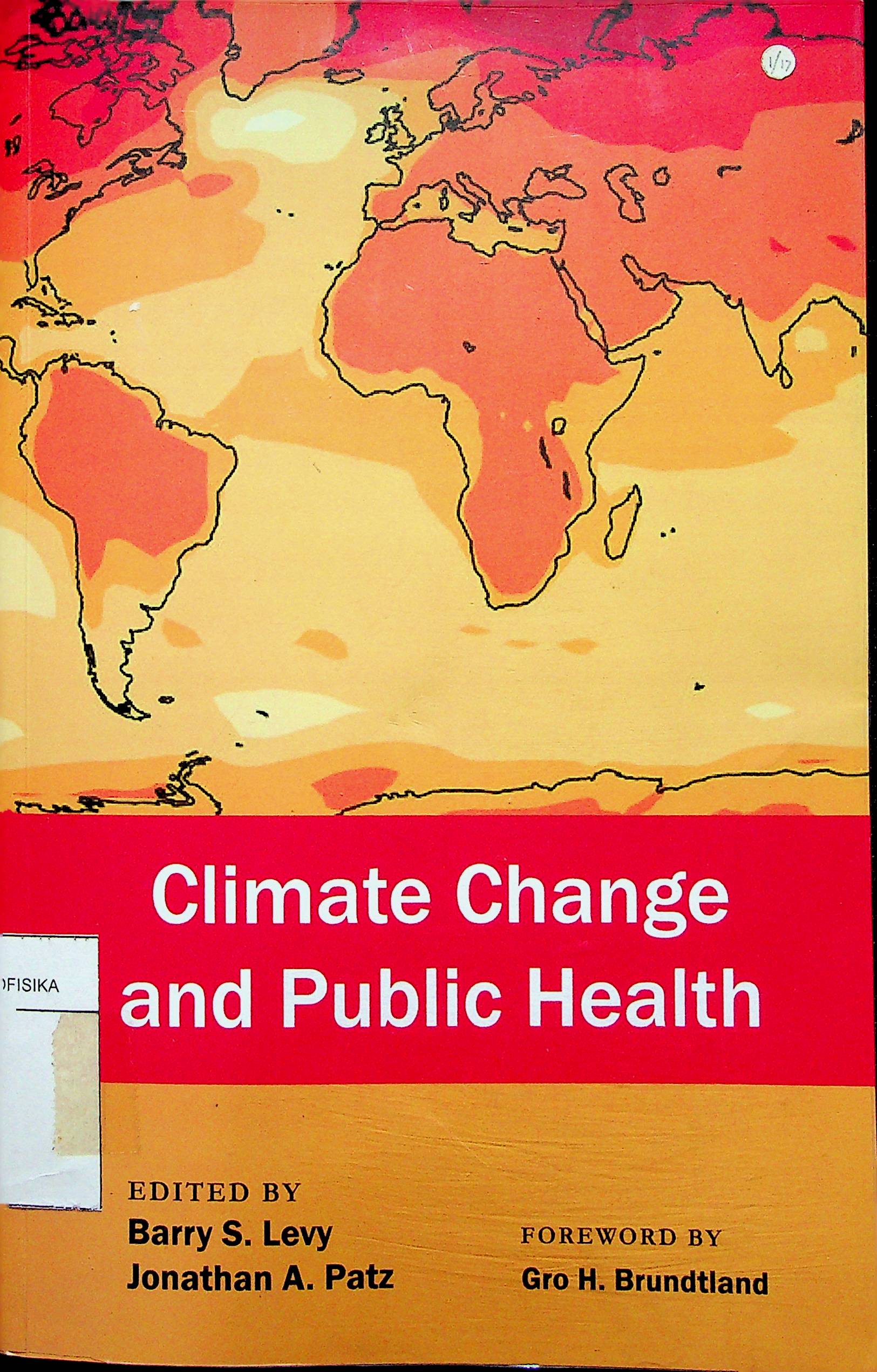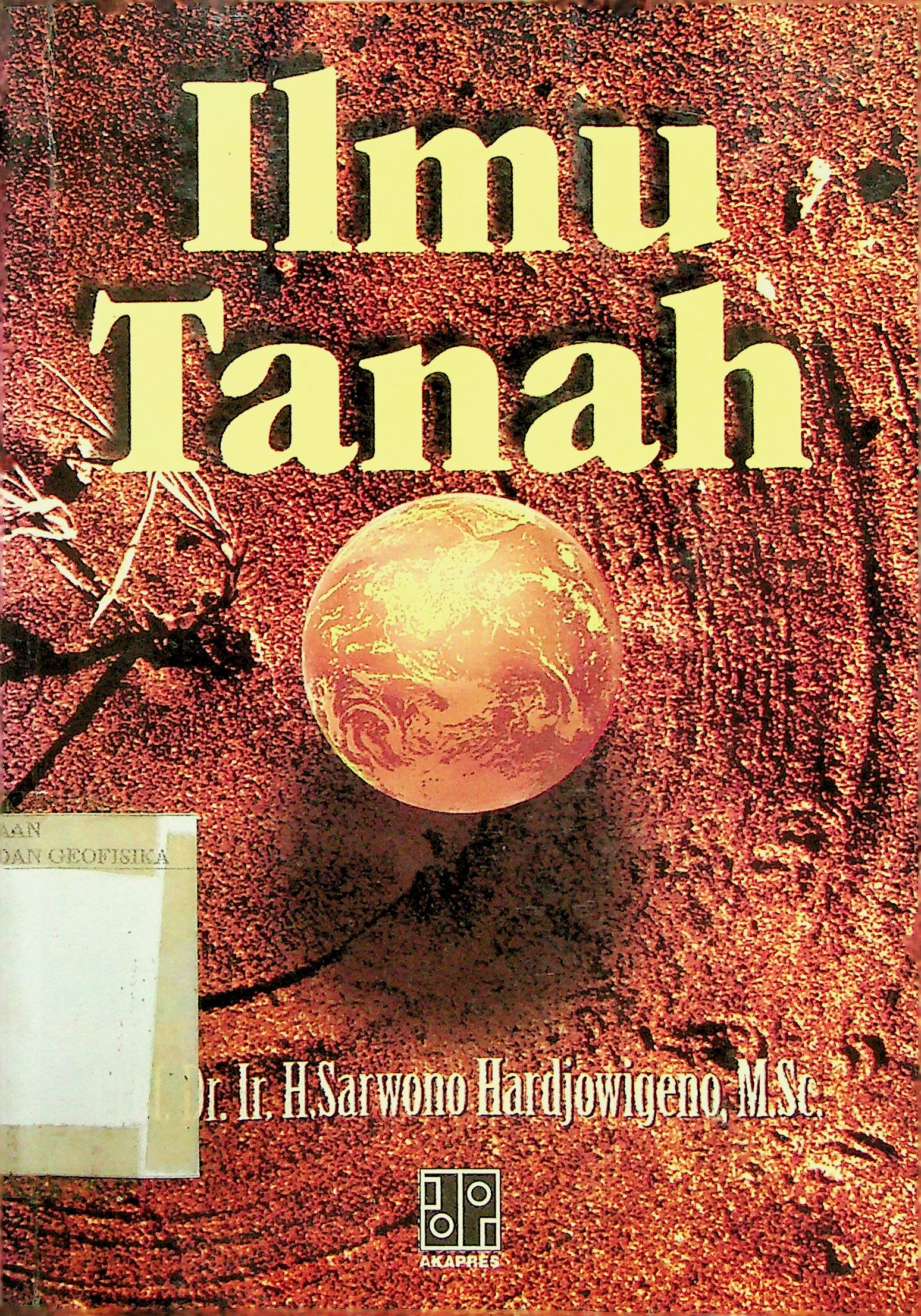As a global society, we face a series of threats to the environment and natural resources, including climate change, water scarcity, desertification, deforestation, biodiversity loss, and dependence on dangerous sources of energy. These threats are interconnected and closely linked to increasing population pressure, poverty and socioeconomic inequalities, and the health and, ultimately, the survival of humankind. Our current path is unsustainable. Short-sighted, often narrow, political and economic interests repeatedly supersede common interests and common responsibility. We have a “tragedy of the commons.”We, as a global society, need to recognize our shared responsibility to address these global threats. In order to successfully address these threats, we need a holistic, integrated, and truly cross-sectoral approach. Public health professionals, working in close collaboration with environmental scientists, social scientists, and other professionals have important roles to play in addressing climate change. First, climate change has profound implications for public health, as well described in this book. Second, as health professionals and scientists, we have expertise in the methods and tools to systematically analyze and assess the health threats posed by climate change. Third, we have the capability to contribute to the policies and actions to mitigate climate change and adapt to it—and reduce its health consequences. And finally, we have the communication, leadership, and advocacy skills to help build the popular and political will to successfully address climate change. As a physician and public health professional and as a political leader, it has been essential for me over the past several decades to take initiatives and to witness and participate in the evolution of science, policy, and action to address climate change and other global environmental threats. This evolution began in the 1980s, when the World Commission of Environment and Development alerted the global community to the seriousness and interconnectedness of major global environmental threats and the need for a collaborative,interdisciplinary approach to address them. This evolution includes the 1992 Rio Summit, the critical work of the Intergovernmental Panel on Climate Change, and a number of other international, national, and local initiatives to study climate change and its consequences. They are essential to help raise public awareness and foster a shared sense of responsibility and cooperation to address it.Now there is scientific consensus regarding climate change and the major contribution of human activity in causing it.There is much to be done, including identifying and studying climate related health problems, raising awareness among and educating the public and policy makers, and developing and implementing policies and actions to adapt to climate change and mitigate its causes. This book will be an extremely valuable resource for informing and empowering health professionals, environmental scientists, social scientists, and others for their vital roles in this work.Time is running out. We, as a global community, need to take action to mitigate and adapt to climate changenow.
5
Climate Change and Public Health
Gro H. Brundtland
Penerbit :
OXFORD UNIVERSITY
Tahun :
2015
Buku Text
-
No Scan41
-
No Klasifikasi326.1
-
ISBN
-
ISSN
-
No Registrasi016B102016
-
Lokasi Terbit
-
Jumlah Hal62
-
Label326.1 Bar c
-
Versi DigitalTIDAK
-
Versi FisikTIDAK
-
Lokasi Rak Buku Fisik//
-
Jumlah Exemplar Fisik Tersedia-






